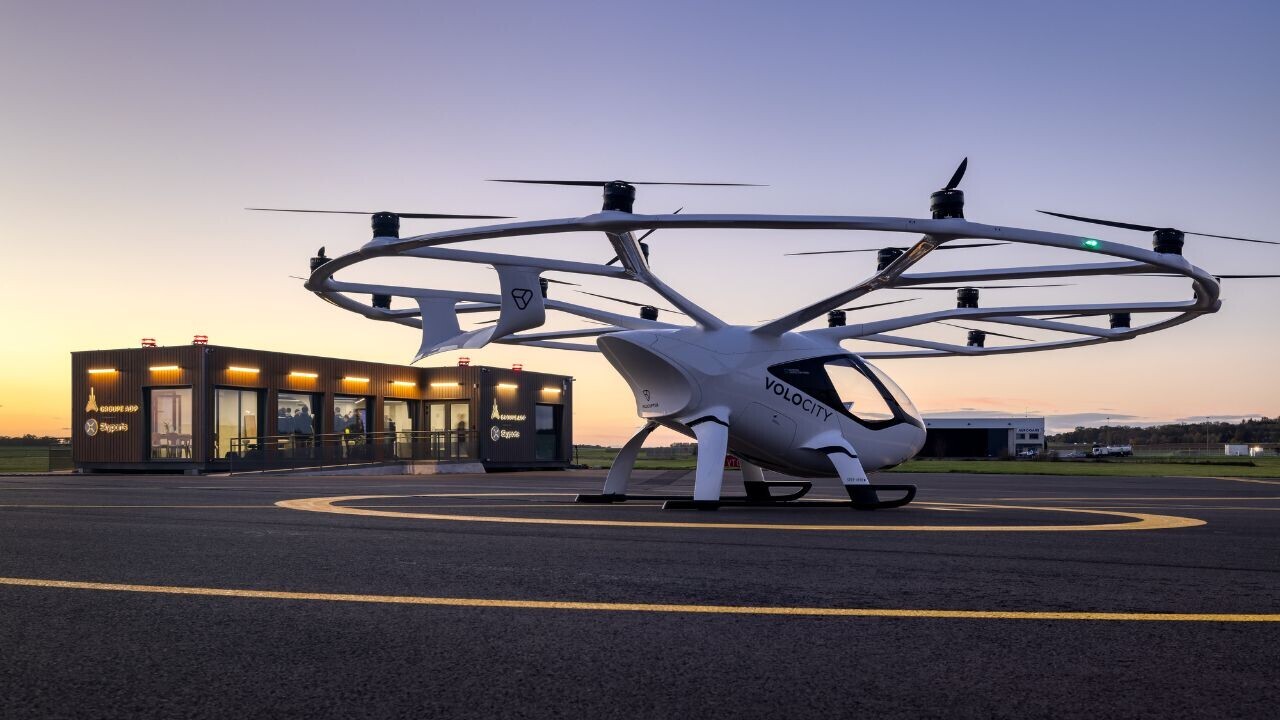
A British drone maker plans to launch air taxis in 2026 after raising a whopping $110mn.
Skyports has already flown electric vertical takeoff and landing (eVTOL) aircraft on delivery and monitoring trials. The new funding brings commercial air taxis closer to the services on offer.
The first flights are slated to take off in the United Arab Emirates. Earlier this year, Skyports inked a deal with authorities in Dubai to build four vertiports ahead of the launch of air taxi services in 2026.
Skyports intends to then bring air taxis into other markets. The company is currently developing the UK’s first vertiport testbed in Oxfordshire and is working on a “middle-mile” drone project with port authorities in the US.
Skyports can now add a fresh cash injection to the plans.
Commercialising air taxis

The $110mn funding arrives in the form of an equity investment from ACS Group, a Spanish infrastructure and construction company. Groupe ADP, a Paris-based airport operator, added further capital to the Series C round.
Duncan Walker, the CEO and co-founder of Skyports, said his company is now “in a market-leading position.” He pledged to put the cash into new aviation services.
“With ACS backing, we are in the best possible position to advance commercial air taxi and electric drone services around the world,” Walker said in a statement.
These services are attracting growing interest. By combining electric engines with vertical flight, eVTOLs could cut carbon emissions, navigate small spaces, and avoid the need for runways.
Still, not everyone is a fan. Critics claim they’re impractical and poor value for money. Skyports will hope to prove them wrong in 2026.
Get the TNW newsletter
Get the most important tech news in your inbox each week.




